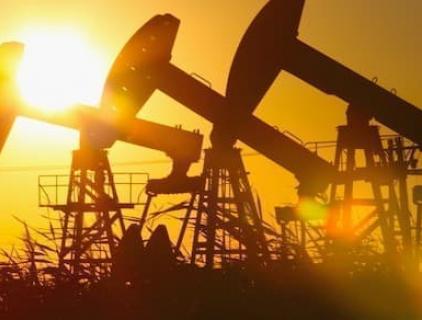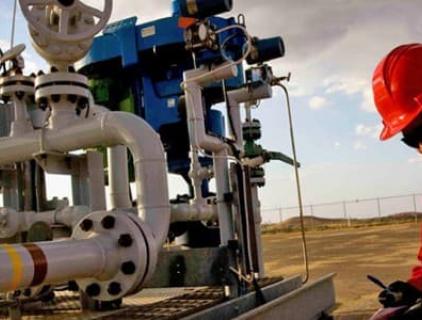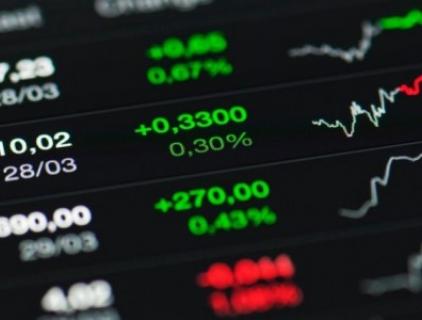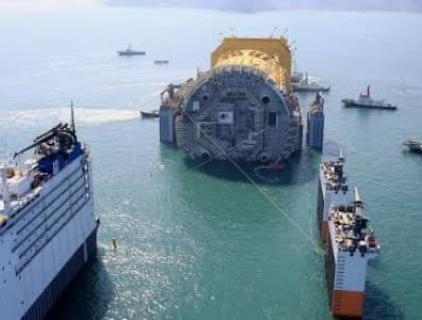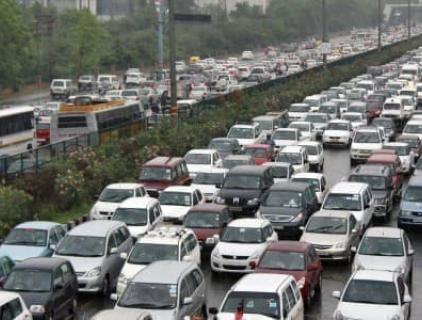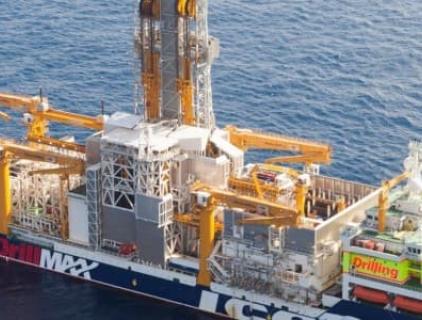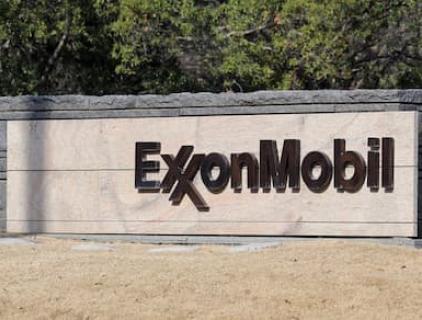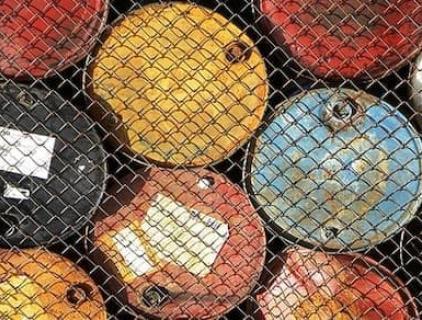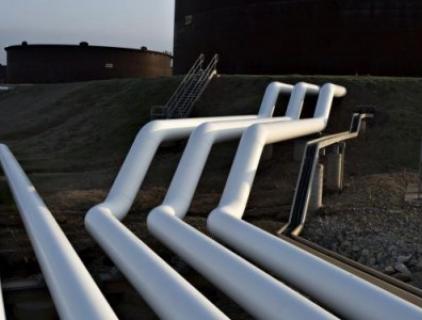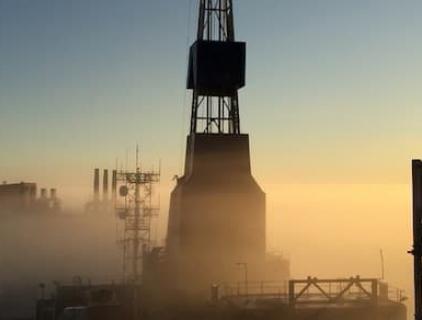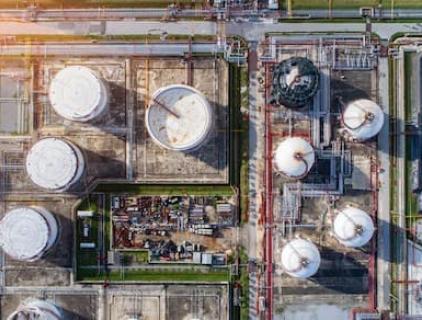Energy Transition Could Doom Africa’s Oil Producers
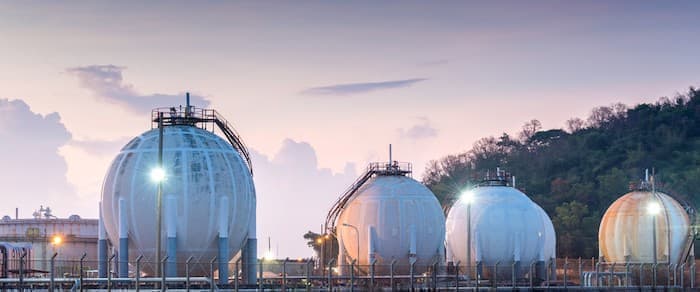
When it comes to the final frontier for big oil discoveries, it’s not the Guyana-Suriname basin where supergiants like ExxonMobil (NYSE:XOM), Hess Corp. (NYSE:HES), and CNOOC (NYSE:CNOOC) have already staked their claims. And it’s not the American shale patch, where production has hit reverse gear with no end in sight. It’s Africa, where even small-cap companies are staking outsized claims of the kind that generously reward investors with a bigger risk appetite.
Unfortunately, the second-largest continent is suddenly finding itself between a rock and a hard place, thanks to Covid-19 and OPEC’s production cuts. Five of OPEC’s 13 member states are from Africa,with the huge cuts taking a massive hit on their oil-dependent economies.
Yet, things could get far worse for Africa’s oil and gas giants.
A new report by risk consultancy firm Verisk Maplecroft via CNBC has revealed that Algeria, Chad, Iraq, and Nigeria are at the highest risk to experience political instability as the world turns its back on oil and gas in favor of renewable energy.
Flatlining oil sectors
About two decades ago, The Economist [infamously] dubbed Africa as the “Hopeless Continent”, claiming that the new millennium had brought more disaster than hope to Africa with threats of famine in Ethiopia (again), floods in Mozambique, mass murder in Uganda, and the implosion of Sierra Leone.
Related:Small Companies Rush To Buy Up Big Oil's Assets
A decade later, the magazine did a 180-degree and changed its tune to “Africa Rising” thanks to major improvements in labor productivity, dropping inflation, and booming economies.
But alas, the upbeat narrative was not to last for long, with the 2014 oil price crash devastating some of the continent’s most promising economies. And now, it’s happening all over again, with some of the continent’s leading oil producers in dire straits after the 2020 oil price crash.
To wit, Angola has gone from being Africa’s top crude producer just five years ago to barely pumping more than war-torn Libya. Nigeria--another key OPEC member--is in grave danger of suffering Angola’s fate as OPEC tries to balance the markets by restricting oil production.
Angola’s oil production has plummeted to a 15-year low of below 1.2 million barrels a day since November, effectively meaning that Libya, where a decade-long civil war has massively disrupted the country’s oil industry, is now pumping more crude than Angola.
But Angola’s problems have been long in the making, with the seeds of this sharp decline sown during the 2014 oil price crash, as the oil majors curtailed capex spending after oil prices crashed from $100 a barrel to less than $30 in the space of a few years.
Although the deep production cuts by OPEC eventually spurred a rebound in prices, offshore drilling activity by Angola and West Africa have recovered far more slowly. The coronavirus pandemic has triggered yet another round of deep spending cuts, with Baker Hughes reporting that just a single drillship was operating in the waters off Angola and Nigeria by the middle of 2020.
Some subsequent offshore projects by Total SE (NYSE:TOT) and Eni SpA have helped keep offshore oil flowing in Angola; however, the global pandemic and subsequent market downturn have ensured that just a trickle is flowing from Angola’s deepwater projects.
Related:OPEC Urges Its Members To Lobby Against NOPEC Bill
Angola has recorded a sharp 40% decline in production over the past decade, reflecting years of underinvestment in new projects despite the IMF estimating that it needs oil price of just $55/barrel for fiscal breakeven. Angola’s oil industry is largely dependent on deepwater fields where production typically declines faster than in onshore oilfields. The situation has been aggravated by a prolonged lack of constant investments to improve oil-recovery rates or tap additional reservoirs.
The situation is not much better in Africa’s top oil exporter and largest economy, Nigeria.
Nigeria only recently emerged from a major recession in 2017 and was contending with low growth of about 2% before the oil crisis struck. Oil sales contribute 90% of the country’s foreign exchange earnings, 60% of the revenue, and 9% of GDP. With a high fiscal breakeven of $144 per barrel, Nigeria is feeling the heat more than many of its OPEC peers. The country had applied for $7 billion in emergency funds to the African Development Bank, World Bank, and the IMF but saw its credit rating downgraded by Fitch and S&P due to the oil slump.
Nigeria cut production sharply last year as part of the OPEC+ deal, with crude shipments falling to 1.5 million barrels a day, the lowest level in four years. That’s less than half of the nation’s long-standing target for 2023, which might remain out of reach without quickly ramping up deepwater drilling.
Big Oil companies, including Total SE, Royal Dutch Shell Plc. (NYSE:RDS.A), and Exxon Mobil have expressed concern that Nigeria’s long-delayed Petroleum Industry Bill (PIB) could deter investment. Nigeria’s National Assembly. is set to debate the proposed PIB in the first quarter of 2021—which could lead to major changes in the roadmap of the oil and gas industry after nearly two decades of attempted reform.
Oil prices have mostly recovered from the historic slump, with Brent crude rising above $65 a barrel in London. Nigeria, though, remains in a better position to recover from the investment slump than Angola, considering that about two-thirds of the country’s production comes from shallow-water and onshore fields.
The final nail
Whereas Africa’s oil and gas producers continue to hope that the ongoing rollout of Covid-19 vaccines will return global oil demand to some form of normalcy sooner than later, the long-term outlook remains dire, thanks to a more formidable foe: The renewable energy megatrend.
Maplecroft has warned that countries that fail to diversify their economies away from fossil fuel exports face a “slow-motion wave of political instability.’’
The consultancy says the move away from fossil fuels is set to hit high gear over the next 3-20 years, and that oil-dependent countries that fail to adapt risk facing sharp changes in credit risk, policy, and regulation.
The firm has suggested that the worst-hit countries ‘‘could enter doom loops of shrinking hydrocarbon revenues, political turmoil, and failed attempts to revive flatlining non-oil sectors.”
The report suggests that Africa’s oil and gas powerhouses ought to borrow a leaf from their Middle East peers, with Saudi Arabia choosing to forego the natural gas bridge and instead directly pivoting towards green hydrogen.



